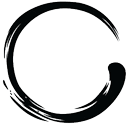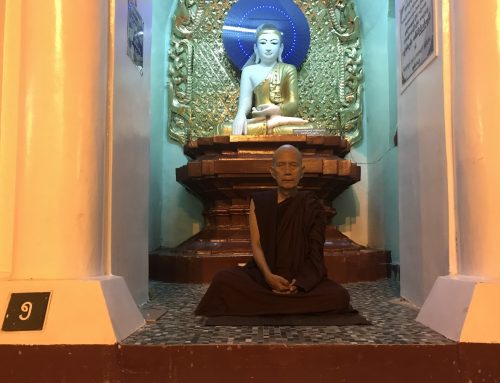First, think of the historical horrific crimes against humanity. See https://genocideeducation.org/resources/modern-era-genocides/ for some inspiration.
Now ponder this…
I am a _______
Fill in that blank.
Personally, I might say, I’m a 66 year old, married, white male. A sailor, windsurfer, free diver, Buddhist minister, target shooting enthusiast, liberal, traveler, and so on…
Having filled in that blank, I have created a division between myself and others. Harmless? Ponder any of the horrific crimes against humanity. Which one of them did not start with someone filling in that blank, differentiating themselves from others? Ponder that for a while.
So perhaps, instead of I am a ________, let’s just leave it at, I am.
Carrying this to its logical conclusion, we could teach our next generation to change the way they speak (and think) of their own identity, and perhaps lessen the divisiveness that has caused so much pain and suffering throughout history.
| Instead of saying this | say this |
|---|---|
| I am an American | I was born in America |
| I am a Republican/Democrat | Typically I vote for more right/left leaning politicians |
| I am a Buddhist | I practice Buddhism |
| I am a [sports team] fan | I root for the [sports team] |
Perhaps by reframing how we teach the next generation how to speak of people’s characteristics, we can increase the next generation’s understanding that these differences do not separate us from one another. There is a theory called linguistic relativity that the structure of a language can influence the way people perceive and conceptualize the world.
As they say, “Words matter.”
Photo credit: By Bernhard Walter – Yad Vashem: “Jews undergoing selection on the ramp. Visible in the background is the famous entrance to the camp. Some veteran inmates are helping the new comers.”, Public Domain, https://commons.wikimedia.org/w/index.php?curid=39226962






Leave A Comment